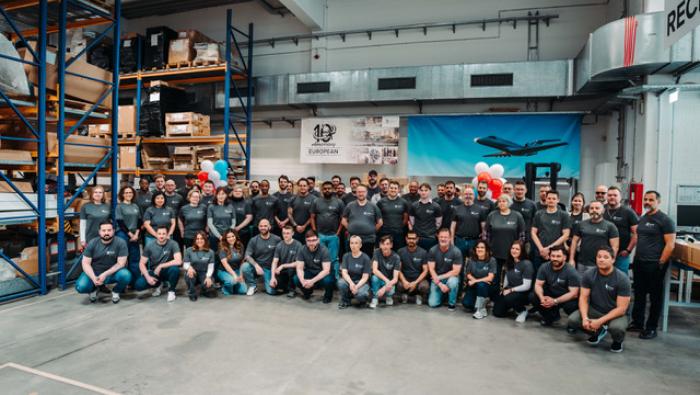Supply chain constraints have led Boeing Global Services to shift its approach to how it handles parts and plans for upcoming demand, Stephanie Pope, executive v-p and CEO of Boeing Global Services, told reporters on the eve of the 2022 Farnborough Airshow.
“The whole industry—multiple industries—are struggling with part shortages and supply constraints. It is no different in the aftermarket,” Pope acknowledged. In response, Boeing is moving away from past practices of focusing on history and demand planning. “There is no more ‘just-in-time,’” she said.
Instead, Pope said, the company has “partnered with our customers to really look at where inventory levels are, how they're flying the airplane, and taking all that data analytics to be much more proactive—and predictive—on when parts are going to be needed.”
Where the company sees constraints in the aftermarket, it is trying to “lean in” and build inventory, she said, adding that “we can always go back and forth” with the production lines. Pope added that her team is considering various solutions including expediting shipments through air versus by water. “We all know the issues and constraints we’ve seen [on shipment by water].”
That doesn’t mean that Boeing has not faced problems, she conceded. “There’s going to be different pain points," said Pope. "What we saw a month ago is not what we’re seeing happen today or what we’re predicting for tomorrow.”
But she praised the Boeing team for building data analytics to better prepare for service needs. This has enabled the company to become “so much more predictive than we have been in the past. En masse, we’re really doing a lot.”







